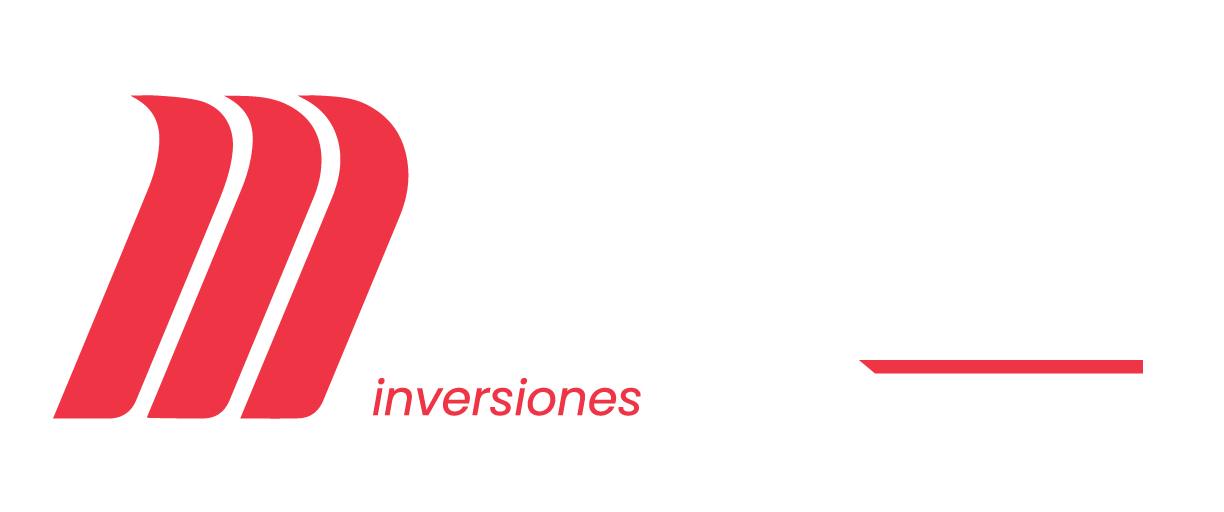The Innovation of Google Search: From Keywords to AI-Powered Answers
Beginning in its 1998 release, Google Search has converted from a plain keyword finder into a responsive, AI-driven answer mechanism. From the start, Google’s revolution was PageRank, which organized pages according to the worth and total of inbound links. This guided the web separate from keyword stuffing to content that gained trust and citations.
As the internet grew and mobile devices mushroomed, search tendencies adapted. Google launched universal search to merge results (headlines, photographs, media) and at a later point concentrated on mobile-first indexing to reflect how people essentially search. Voice queries courtesy of Google Now and following that Google Assistant prompted the system to read natural, context-rich questions over compact keyword clusters.
The coming jump was machine learning. With RankBrain, Google began decoding previously original queries and user goal. BERT improved this by absorbing the sophistication of natural language—prepositions, setting, and connections between words—so results more accurately satisfied what people implied, not just what they wrote. MUM widened understanding spanning languages and channels, authorizing the engine to relate linked ideas and media types in more advanced ways.
In this day and age, generative AI is redefining the results page. Demonstrations like AI Overviews distill information from varied sources to give short, fitting answers, repeatedly supplemented with citations and follow-up suggestions. This reduces the need to open many links to gather an understanding, while nonetheless navigating users to fuller resources when they wish to explore.
For users, this transformation implies more efficient, more detailed answers. For creators and businesses, it rewards detail, distinctiveness, and readability more than shortcuts. Ahead, count on search to become steadily multimodal—elegantly combining text, images, and video—and more personalized, adapting to desires and tasks. The trek from keywords to AI-powered answers is ultimately about reimagining search from sourcing pages to finishing jobs.
